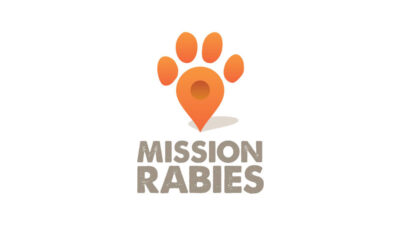A widespread study into the use of antibiotics to treat canine urinary tract infections (UTIs) is asking UK primary care vets to contribute their findings.
The study aims to find the optimum length of antibiotic treatment of UTIs to avoid unnecessary use and help to tackle antimicrobial resistance (AMR).
The Stop on Sunday (SOS) project focuses on female dogs aged between six months and ten years with a presumptive diagnosis of UTI. The trial compares different treatment durations of three, four, five, six and seven-day courses of the antibiotic amoxicillin-clavulanate.
The name of the UTI study highlights how different treatment durations are assigned, with the unique and simple approach to randomisation meaning all antibiotic courses finish on Sunday evening. Dogs presenting on Monday will receive a seven-day antimicrobial course, for example, while those presenting on Friday will receive three days’ worth. Owners then update the participating vet on the Monday after the antibiotic course ends.
The vet can reassess the case on Monday to ensure the dog still receives the right level of treatment and support. Clinical information is then inputted into a data capture system, which also emails owners to collect follow-up data should any recurrences happen.
The SOS project is led by Fergus Allerton, European veterinary specialist in small animal internal medicine at Willows Veterinary Centre and Referral Service. Fergus is also the AMR lead at veterinary group Linnaeus and has been involved in the PROTECT ME initiative to encourage rational antibiotic use.
Fergus commented: “Treatment recommendations should be based on concrete evidence that improves the care we provide and reduces the risk of unnecessary antibiotic use. Evidence around antibiotic course duration is sorely lacking, but is essential for us address the threat of AMR.
“We are aiming to gather more than 900 UTI cases to provide robust evidence for the study, so we need as many vets as possible to share their data and contribute to this vital research. If you see these cases and would like to help in the fight against AMR please get in touch.
“Input to the study counts towards annual CPD requirements and there will be further opportunities to contribute, such as data analysis and manuscript preparation.”
The SOS trial, which is supported by the Small Animal Medicine Society (SAMSoc), has ethical approval and an animal test certificate.
To be part of this UTI study, contact fergus.allerton@willows.uk.net. The full protocol of the SOS study has been published in the open access journal BMC Veterinary Research.






